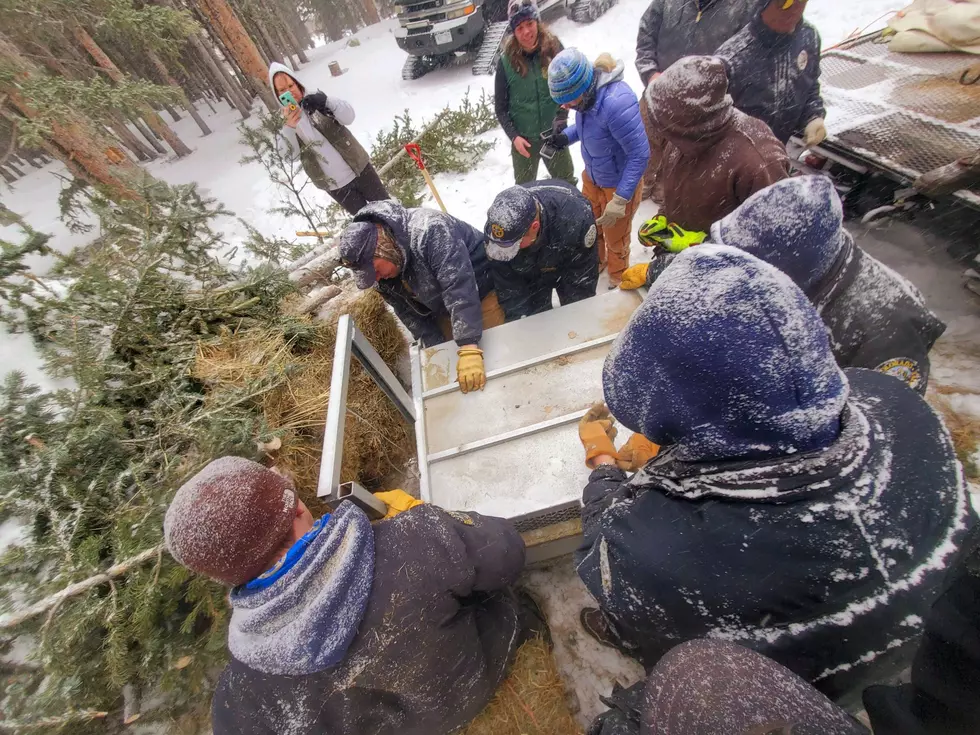
Be Aware: Hungry Colorado Bears are Packing on Pounds for Winter Hibernation
As they prepare for hibernation, the stomach takes control of bears in Colorado. That means bears act in a way not seen through much of the rest of the year as eating becomes the most important activity.
The near non-stop search for food is called hyperphagia, an instinctual need to consume as many calories as possible so a bear can survive its long winter nap.
During this phase, bears will attempt to consume up to 20,000 calories a day. That requires the bear to go from an average of feeding 2 to 4 hours a day to 20 or more hours a day.
Their dietary requirements also change from a summer diet of insects, leaves, and plants to a diet rich in carbohydrates and fats and a bear can go to extraordinary means to get them. In other words, bears stop acting like bears and start acting like a wild animal on a non-stop feeding frenzy.
This need to feed can also lead bears to risk increased interaction with humans. They will search for food anywhere they can find it. That means garbage cans, pet dishes, bird feeders, outdoor grills, homes, and automobiles are potential targets. If a bear smells it, they'll go after it.
If you live in an area where a bear might come to your home, there are plenty of things you can do to deter bears. One of those is thoroughly cleaning and deodorizing trash cans with ammonia. It is one odor bears are definitely not attracted to.
If you're taking advantage of fall recreation activities in or near bear country, keep in mind if a bear approaches your parked car and it smells any odor including candy, gum, lip balm, lotion, air fresheners, or food wrappers, that bear will try to get to the source of the smell. If that happens, your vehicle will have an entirely different look when you return.
Colorado Parks and Wildlife has a number of resources available for dealiing with bears regardless of the season. Right now is an excellent time to use those resources.
More From 95 Rock









